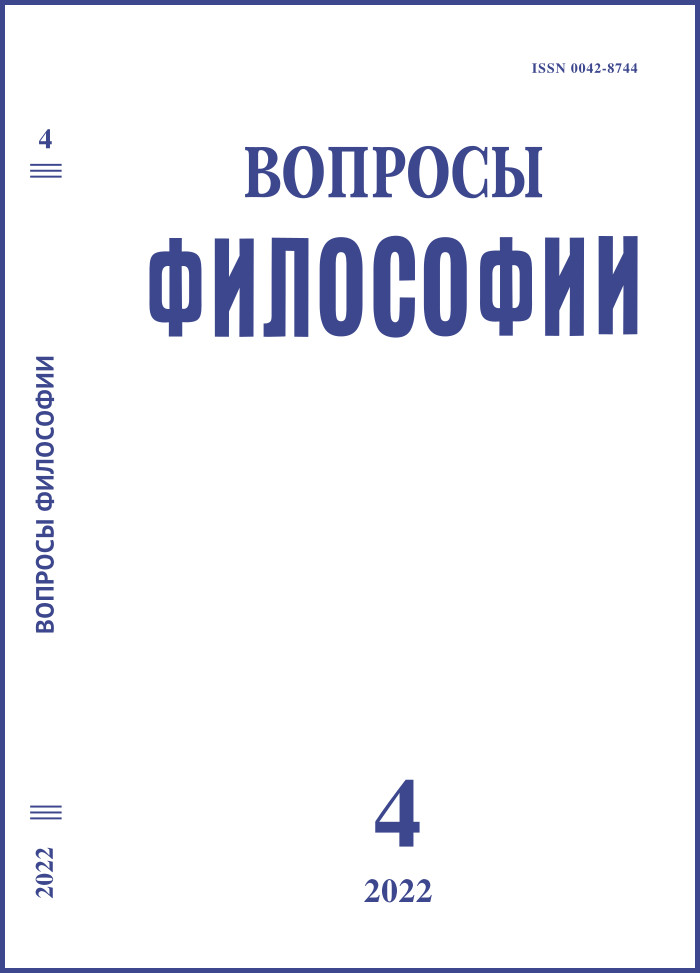Xun Yue’s Ideas about Human Nature
DOI:
https://doi.org/10.21146/0042-8744-2022-4-165-178Keywords:
ancient Chinese philosophy, Han Dynasty, human nature, essential manifestations, emotions, pneuma, good, bad.Abstract
The article deals with the analysis of the concept of human nature (xing) in the doctrine of the Confucian philosopher and historian Xun Yue (148–209), who lived during the end of the Eastern Han Dynasty (23–220 AD). The author analyzes the Xun Yue's ideas in the context of the historical development of ideas about human nature among the previous thinkers. Based on the existing sources, the article considers the changes in discourse in Han philosophy compared to the pre-Qin period: rejection of the idea of the unity of human nature, absolutization of the concepts of “good” and “bad”, active expansion of the conceptual framework, borrowing a number of ideas from other teachings, regular appeal to the authority of Confucius. The author points out a distinctive feature of Xun Yue’s views, namely, philosophical inclusivism: in the developing his own concept of human nature Xun Yue used the most appropriate positions and ideas of other thinkers. As a basis, he took a statement that perhaps he himself attributed to Liu Xiang. The article also analyzes an idea of the ontologizing of good and bad (as phenomena that exist outside of human nature), which was borrowed by Xun Yue and was used to explain various behavioral manifestations of human. The author shows Xun Yue’s commitment to certain trends that were peculiar to the philosophical thought in Han philosophy, for example, the division of human nature into three types and the use of yin-yang concepts in the discourse.
Downloads
Published
Versions
- 2025-02-06 (2)
- 2022-04-30 (1)

